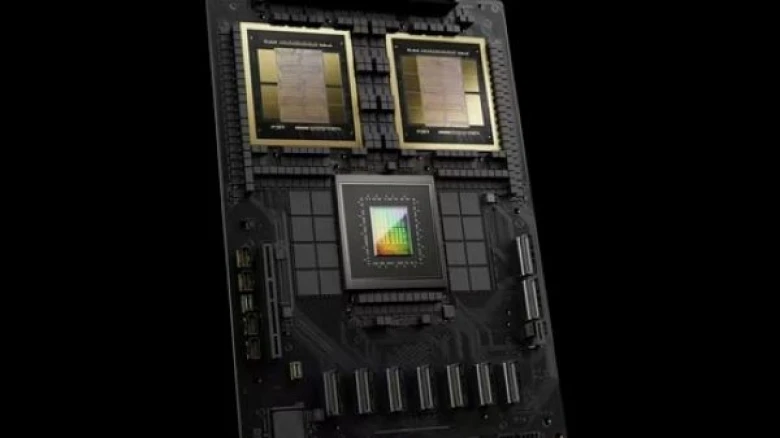Regional

challenges persist in curbing the spread of fake content, as evidenced by recent incidents involving fake images of celebrities
Digital Desk: Nvidia continues its dominance in AI chip technology with the launch of the GB200 Grace Blackwell super chip, boasting impressive performance improvements and reduced power consumption.
This advancement marks a significant milestone in AI processing efficiency, enabling organisations to train complex models with fewer resources. Meanwhile, the European Union is pressing forward with AI regulation efforts, seeking information from major tech platforms on their measures to mitigate risks associated with generative AI, including deepfakes and misinformation dissemination.
The EU's inquiries, rooted in the Digital Services Act, aim to ensure platforms uphold fundamental rights, protect users, and maintain electoral integrity. Responding to these requests by April, tech giants must address a range of concerns, from illegal content dissemination to data governance standards.
Deloitte anticipates clearer regulations in Europe by the first half of the year, with potential requirements for model registration, lifecycle transparency, and bias assessment. In parallel, India has streamlined its AI requirements, eliminating permits for untested models and emphasising content labelling to distinguish AI-generated media.
Despite collaborative efforts by industry players like Meta and Adobe's C2PA, challenges persist in curbing the spread of fake content, as evidenced by recent incidents involving fake images of celebrities. Platforms continue to grapple with containing such content, highlighting the ongoing need for effective regulation and technological solutions in the evolving landscape of AI and digital media.
Leave A Comment